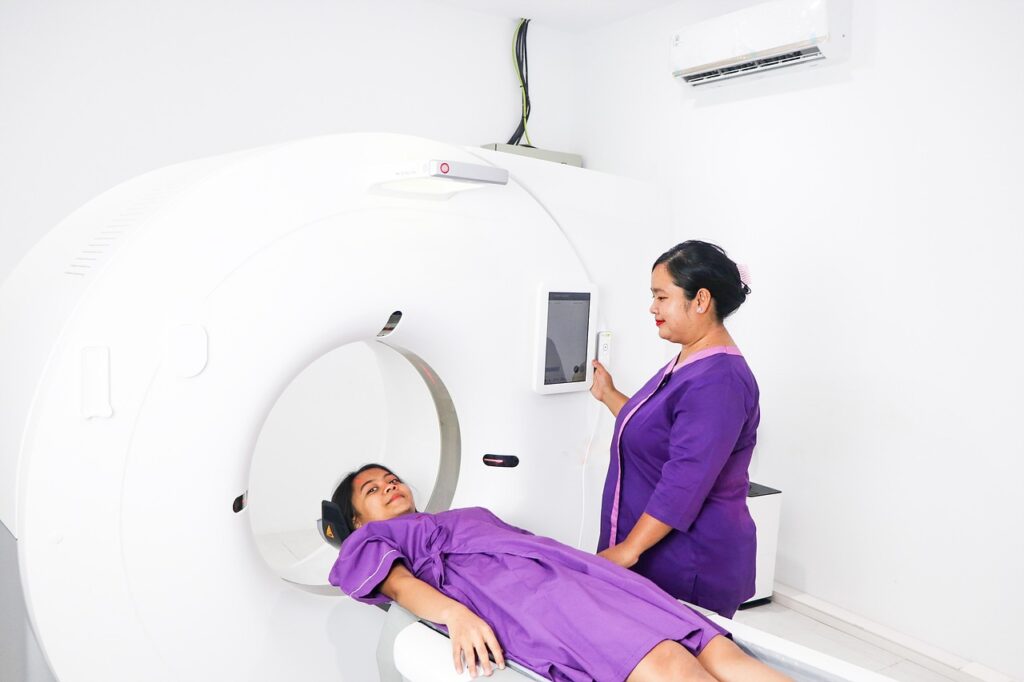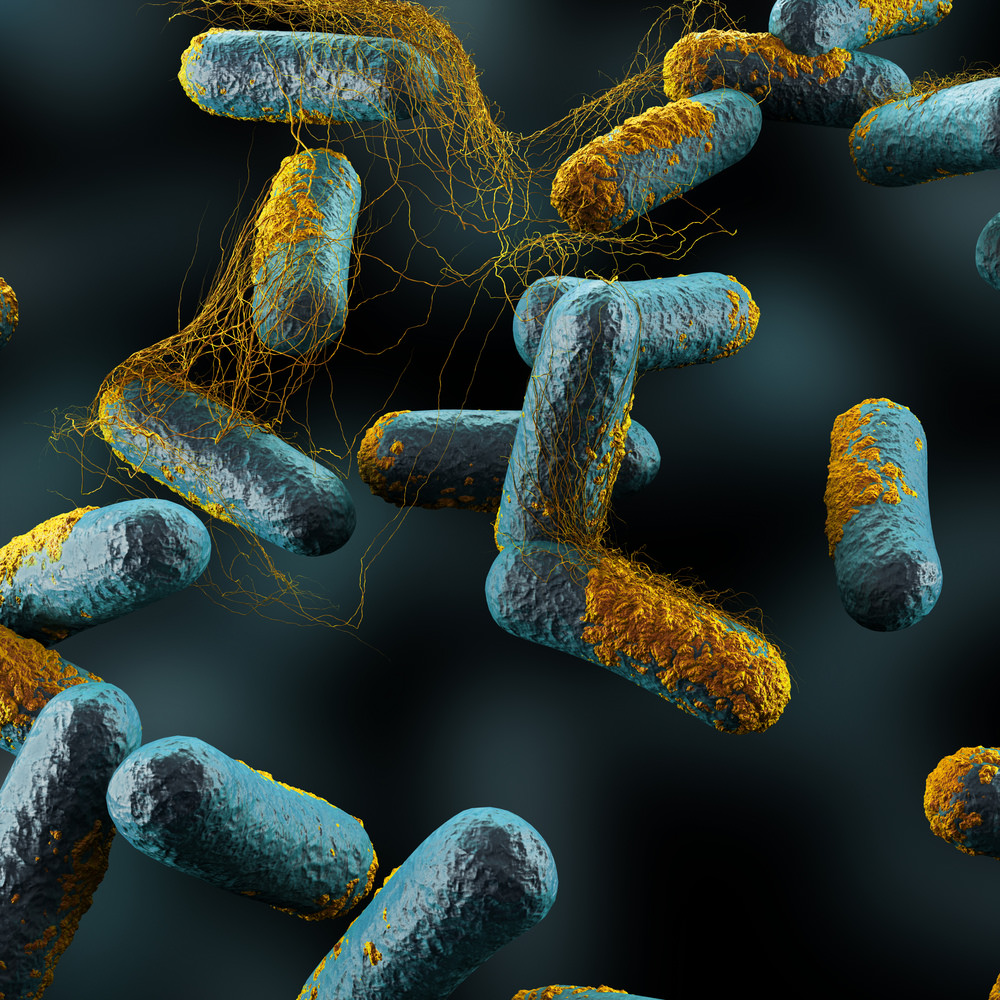Share this Page:
In this interview with OncLive, professor Sumanta Kumar Pal from City of Hope Hospital in California discusses the potential of poly ADP ribose polymerase (PARP) inhibitors, chimeric antigen receptor (CAR)-based products, vaccines, and novel drug combinations for the treatment of metastatic renal cell carcinoma (mRCC).
Results from the phase Ib/II TiNivo study of the combination of tivozanib and nivolumab have demonstrated a 56% overall response rate, including 1 complete response, 12 confirmed partial responses, and 1 unconfirmed partial response, in 25 patients with metastatic RCC who received the combination. The disease control rate was 96% and progression-free survival (PFS) was 18.9 months. Other combinations already on the market include ipilimumab/nivolumab, avelumab/axitinib and pembrolizumab/axitinib, all for the first-line treatment of mRCC. Sequencing of these combinations remains a challenge for clinicians.
Professor Pal then went on to discuss the potential utility of PARP inhibitors for metastatic RCC, local delivery of treatments directly into the kidneys, CAR-T cell therapy and vaccines for metastatic RCC. Professor Pal ended by saying that clinicians may need to start looking at non-inferiority studies or studies based on endpoints, such as quality of life and patient-reported outcomes to differentiate between treatments. Outcomes for patients with kidney cancer have dramatically improved with new treatments, but there is still a long way to go in terms of managing adverse events.















